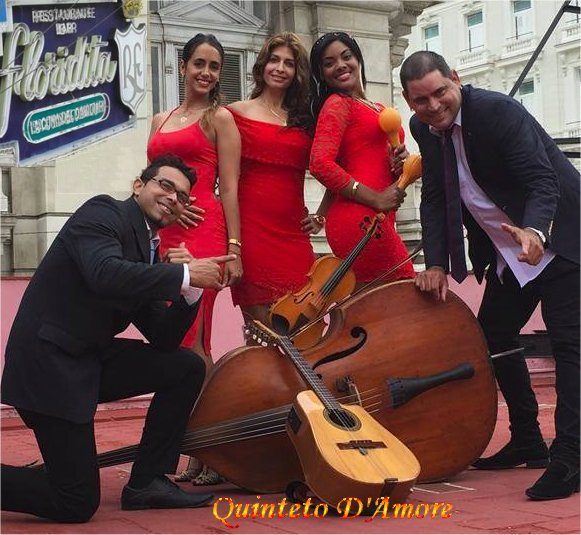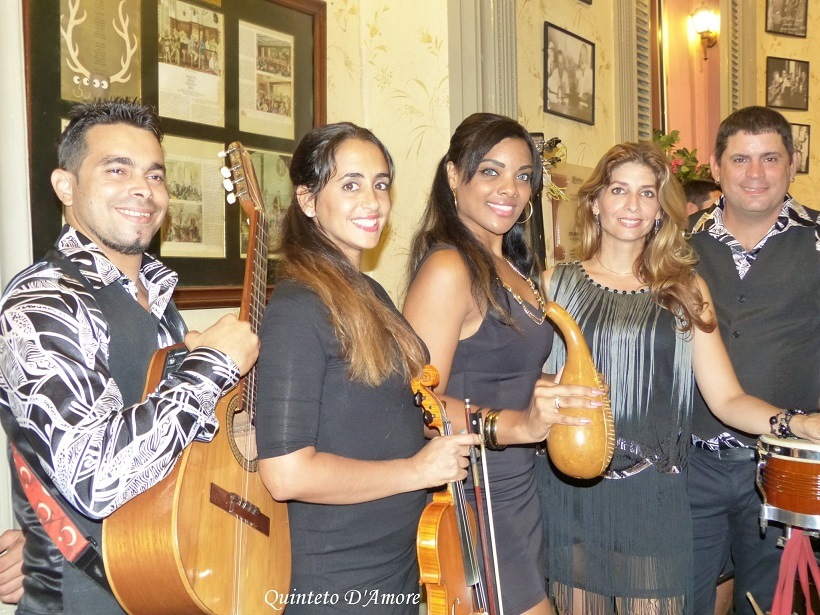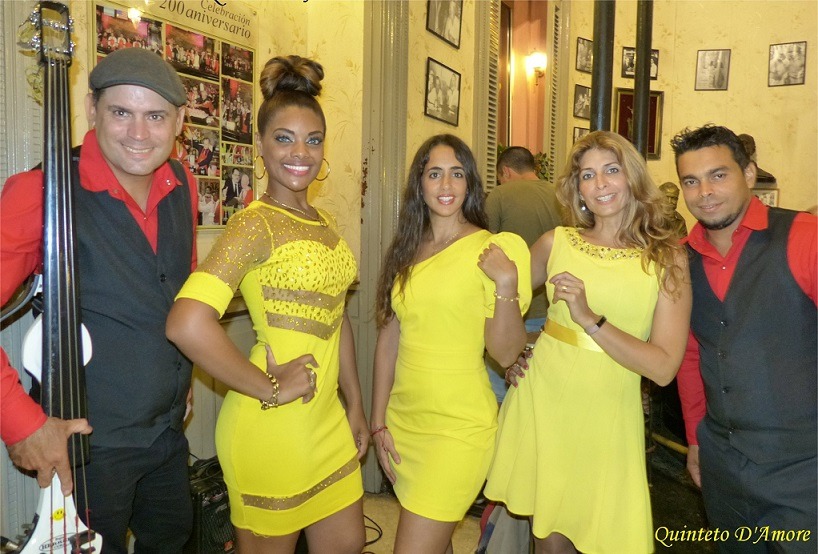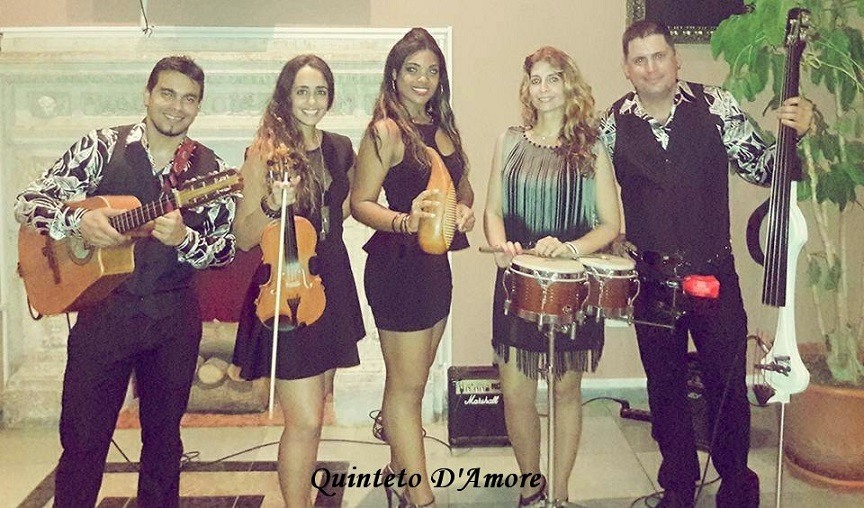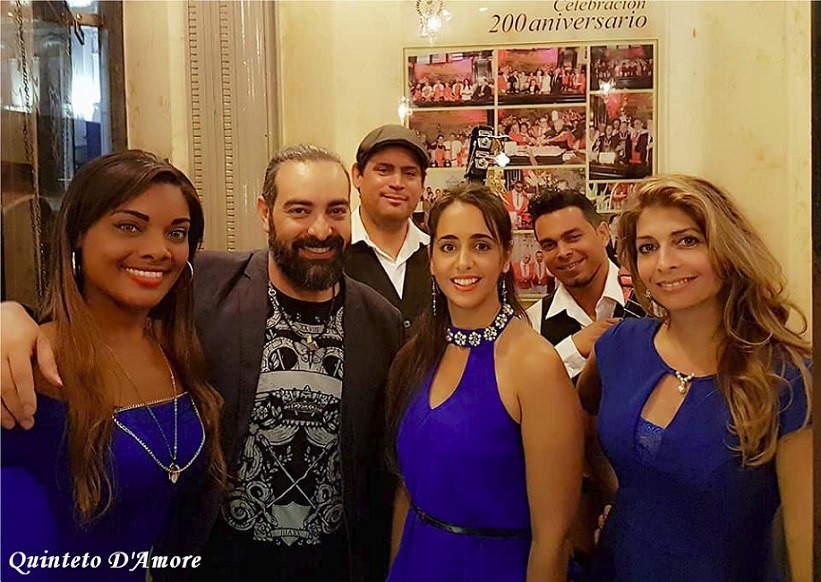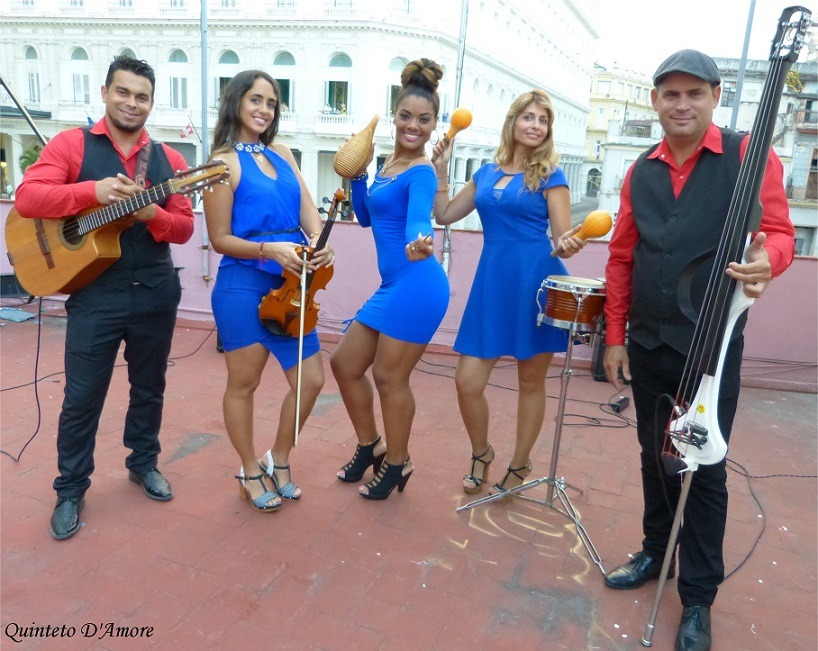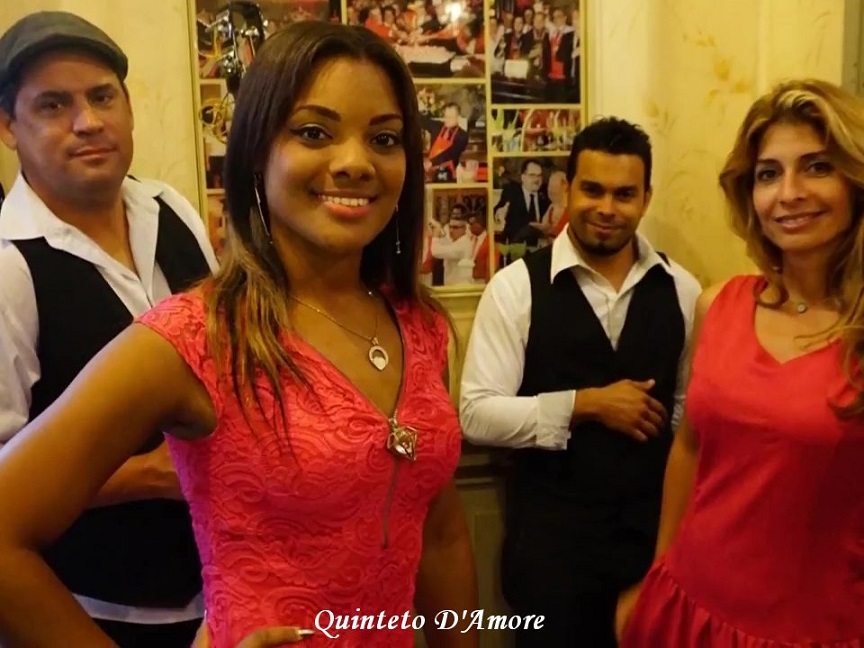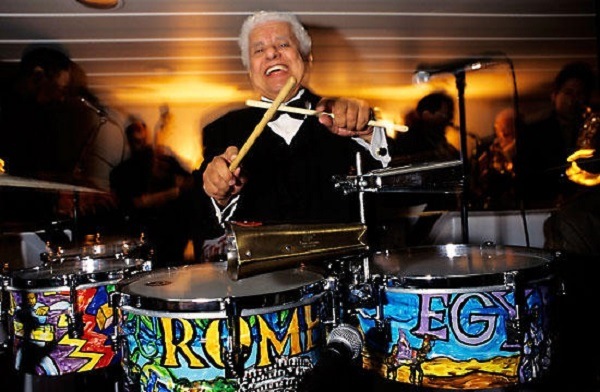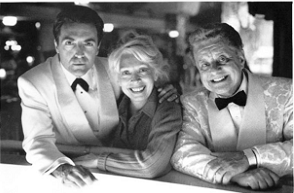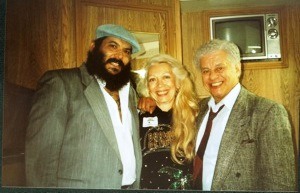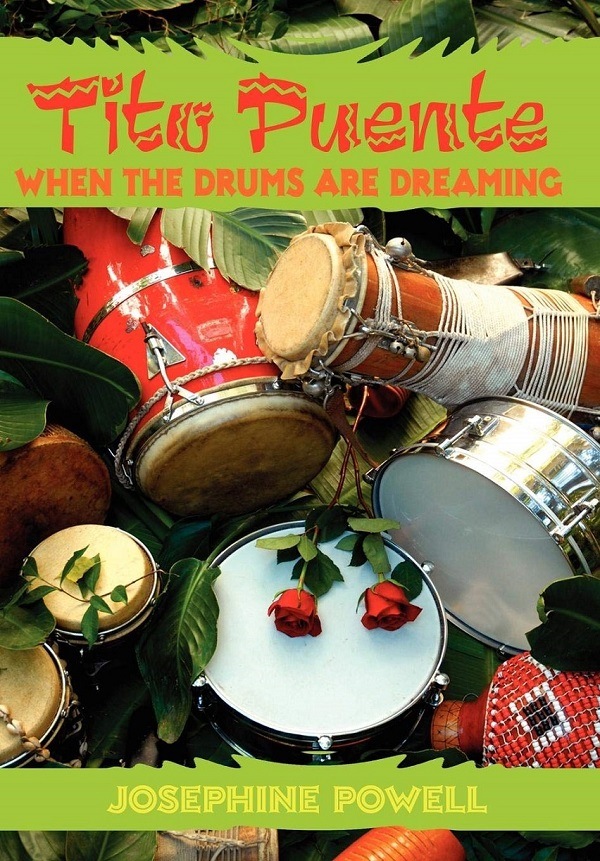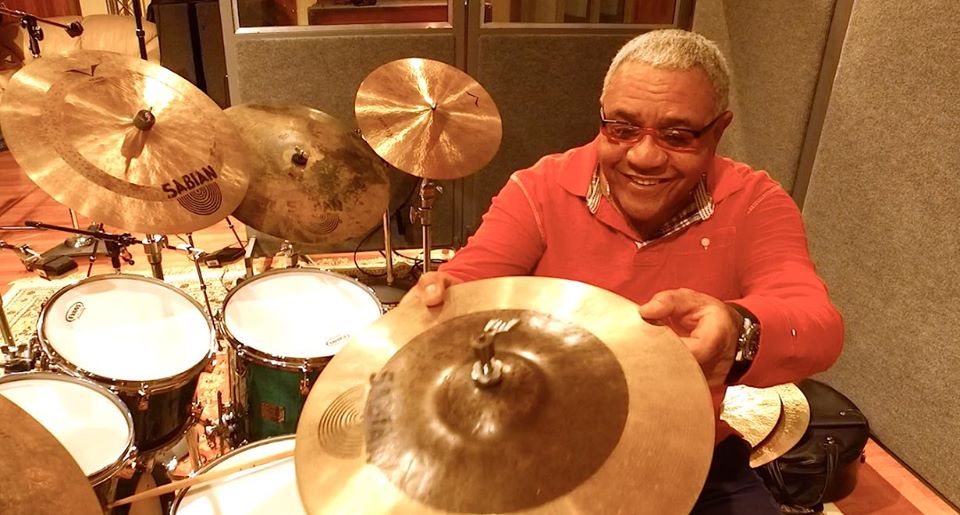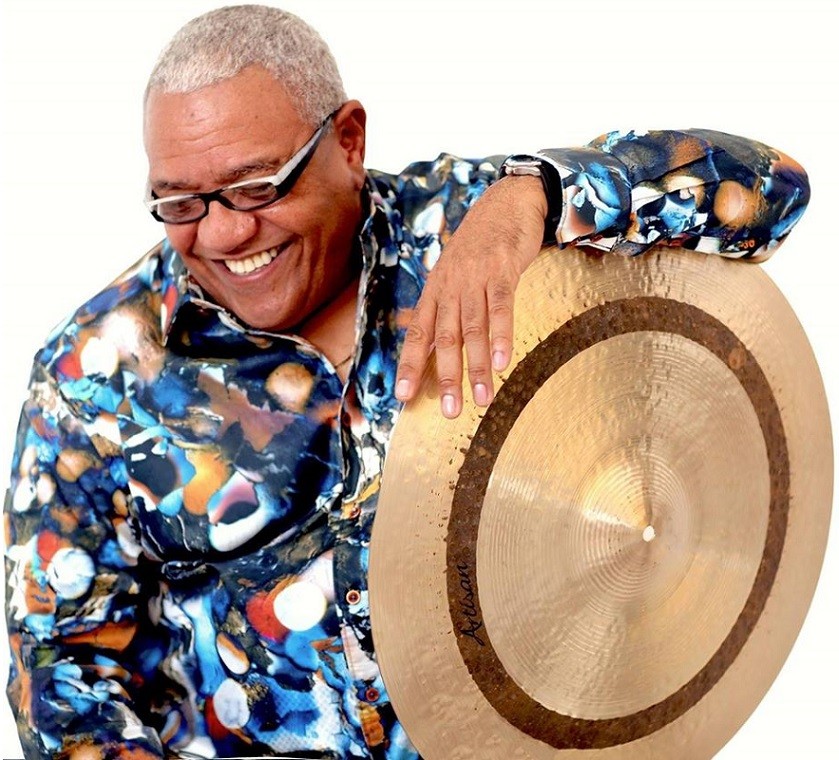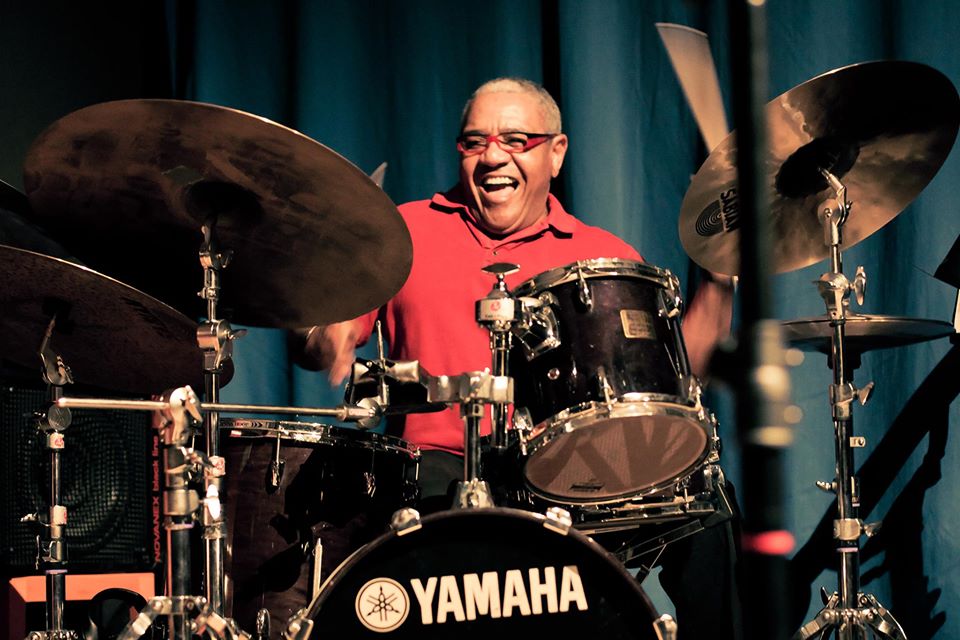La Poderosa 360
La Poderosa 360 is a radio and digital television station that is broadcast from Puerto Rico, specifically from the city of Arecibo, which is tuned in 24 hours a day through its official website. It offers Latin music, variety, preaching shows and much more.
In this edition, we were fortunate to interview its marketing director, Khary Ríos, and R&R Media Group’s president, Mayra Rivera, who were kind enough to tell us a little about the station, its function, its emergence, its programming, among other important aspects.

Beginnings
Once the introductions are completed, Khary Ríos went on to explain that La Poderosa 360 emerged amid the pandemic. Their objective was to open an FM station with local coverage, but then they decided to take advantage of their overseas businesses and advertising to launch the product in online format. Much to their surprise, it turned out to be very successful and popular among a vast audience.
Later, Mayra added that they had a wrestling company, but everything went down with the health emergency caused by COVID-19, so they had to find a way to reinvent themselves. That is when Khary had the idea to create something that could be enjoyed by the public from the comfort of the home.
As for her work experience applied to the station, Rivera told us that she has a master’s degree in marketing, is a spokeswoman for a university and was the rector of an educational institution. All this made her get used to interviews and, now, she applies learning learning on her segment called ”Nosotras Sí Podemos”, which seeks to empower women and give them required tools to have a better quality of life.
For his part, Khary is currently finishing her studies in marketing and advertising, and he is also applying his knowledge to the company.
La Poderosa 360’s main mission and programming
When asked to talk about the main mission and programming, Ríos said he was very happy with the results obtained. In fact, they are already trying to conquer new markets such as fans of regional Mexican music and other genres in vogue.
They started the project by focusing on salsa, but they included reggaeton due to its great popularity in Puerto Rico. Of course, they care much that the lyrics do not contain bad words or those that are too offensive to certain audiences. Occasionally, they broadcast boleros, but the strength of La Poderosa 360 is tropical music, which will always have priority over other styles.

Sustainability
On the subject of sustainability, Khary Ríos told us that sponsors come on their own. ”At the beginning, it was complicated and we had to do a job of positioning the brand, but over time the sponsors have arrived, invested little by little and stayed indefinitely” said the marketing director.
Mayra added that, despite the change they made from the wrestling channel to the station, there were many loyal customers who continued to believe in them and maintain their support no matter what changes they had made. It was the investment of those customers and the one made by Khary and Mayra that got the project afloat.
They are very happy because many of the people who supported them understood the modifications. In fact, the host of one of the show ”Domingo de Alabanzas” comes from the wrestling scene and they are exploring the possibility of giving space to MMA (Mixed Martial Arts) in La Poderosa 360, which makes it clear that those involved have adapted to the situation as well as possible.
For the time being, they are very comfortable in this musical atmosphere and do not think they will change it in the future. This new formula has worked well for them.
Countries with the best ratings
According to the data they have collected, the best ratings are in Puerto Rico, Florida (USA), Colombia, Venezuela, Peru, Panama, Spain and Mexico. Colombia, Venezuela and Peru always ask for salsa, while Mexico asks for a lot of reggaeton. Puerto Rico is divided with salsa and reggaeton depending on the day.
In the state of Florida, you hear a lot of timba and Cuban music in general due to the large Cuban diaspora who lives there.

The only requirement demanded by La Poderosa 360 to play a song is that it has a ”clean” version, since curses and vulgarity are not accepted in the programming. In that sense, Mayra pointed out that there are song submissions that had to be returned due to the excessive amount of bad words, but if it is a reasonable amount, Khary can work with that material to censor the few bad words that are present.
Collaborations with other broadcasters and platforms
Both Khary and Mayra emphasized that they had a hard time taking the station to where it is, so they are very careful when choosing with whom to collaborate, as there are many people doing programming that they determine is vulgar and they do not want to get mixed up in that type of content.
They have done collaborations with several networks and have knocked on many doors, but they point out that the professional relationship that continued to this day has been with Edwin ”El Calvito” Reyes, who believed in the project from the beginning. Khary describes him as a serious man and a gentleman in every sense of the word.
Read also: The beautiful story of dancer, actor and singer Pancho Martinez Pey
